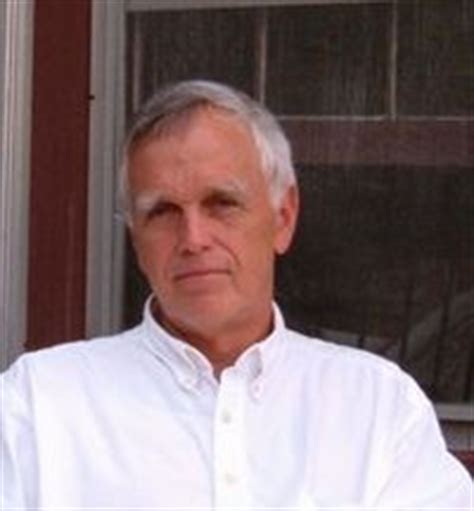A Quote by Joseph Beuys
After I am dead I would like people to say: 'Beuys understood the historical situation. He altered the course of events'. I hope in the right direction.
Related Quotes
In the theory of psycho-analysis we have no hesitation in assuming that the course taken by mental events is automatically regulated by the pleasure principle. We believe, that is to say, that the course of those events is invariably set in motion by an unpleasurable tension, and that it takes a direction such that its final outcome coincides with a lowering of that tension that is, with an avoidance of unpleasure or a production of pleasure.
And Paul Moravec, not being a theater person, would always trust me when I said things that I am like, "you're going to need another 10 seconds of music year to get them across the stage." But I always knew that the people were going to be coming to hear his music of which my words are going to be a part. It was clear that he wanted to go and direction A., and I wanted to go and direction B. We would've gone and direction A. That's the most important piece of advice I can give to anybody who finds themselves in an opera, or musical comedy situation like that.
How can anyone expect to be understood unless he presents his thoughts with complete honesty? This situation is unfair because it asks too much of the world. In effect, we say, ' I don't dare show you what I am because I don't trust you for a minute but please love me anyway because I so need you to. And, of course, if you don't love me anyway, you're a dirty dog, just as I suspected, so I was right in the first place.' Yet, every time God's children have thrown away fear in pursuit of honesty-trying to communicate themselves, understood or not, miracles have happened.
Art may not have the power to change the course of history, but it can provide a perspective on historical events that needs to be heard, even if it's seldom heeded. After all the temporary influences that once directed the course of history have vanished, great art survives and continues to speak to each generation.
I think by now I have made it fairly clear that I am not very happy with the word hope. I don't believe in people just hoping. We work for what we want. I always say that one has no right to hope without endeavor, so we work to try and bring about the situation that is necessary for the country, and we are confident that we will get to the negotiation table at one time or another. This is the way all such situations pan out even with the most truculent dictator.
In historic events, the so-called great men are labels giving names to events, and like labels they have but the smallest connection with the event itself. Every act of theirs, which appears to them an act of their own will, is in an historical sense involuntary and is related to the whole course of history and predestined from eternity.
We probably have, right now, after the Civil Rights movement - and this was very unfortunate - the most glaring time of giving up on Africa, saying we're Americans. We are Americans. I'm not arguing that point. So are the Italians. So are the Germans. So are the Jews. We're Americans with an historical geography of origins outside of the United States as all people, maybe except the indigenous Americans who came here so long ago, who have generations of people whose historical origins are right here but whose initial historical origins are somewhere in Asia.
There are so many movies like this, where you thought you were smarter than the screen but the director was smarter than you, of course he's the one, of course it was a dream, of course she's dead, of course, it's hidden right there, of course it's the truth and you in your seat have failed to notice in the dark.
True reflection presents me to myself not as idle and inaccessible subjectivity, but as identical with my presence in the world and to others, as I am now realizing it: I am all that I see, I am an intersubjective field, not despite my body and historical situation, but, on the contrary, by being this body and this situation, and through them, all the rest.








































